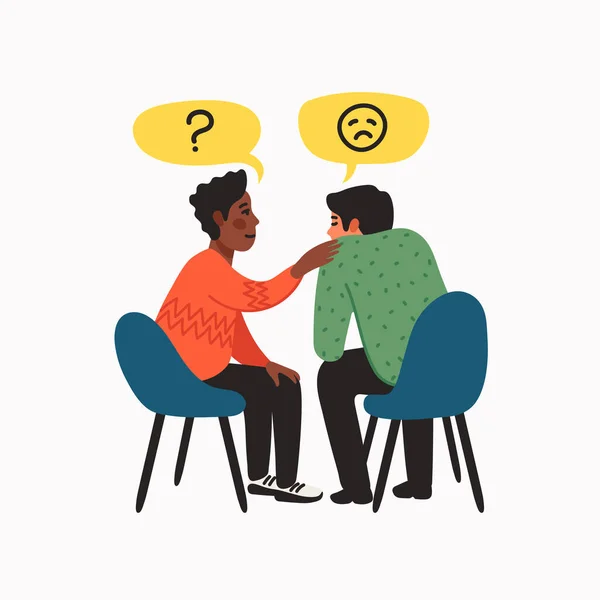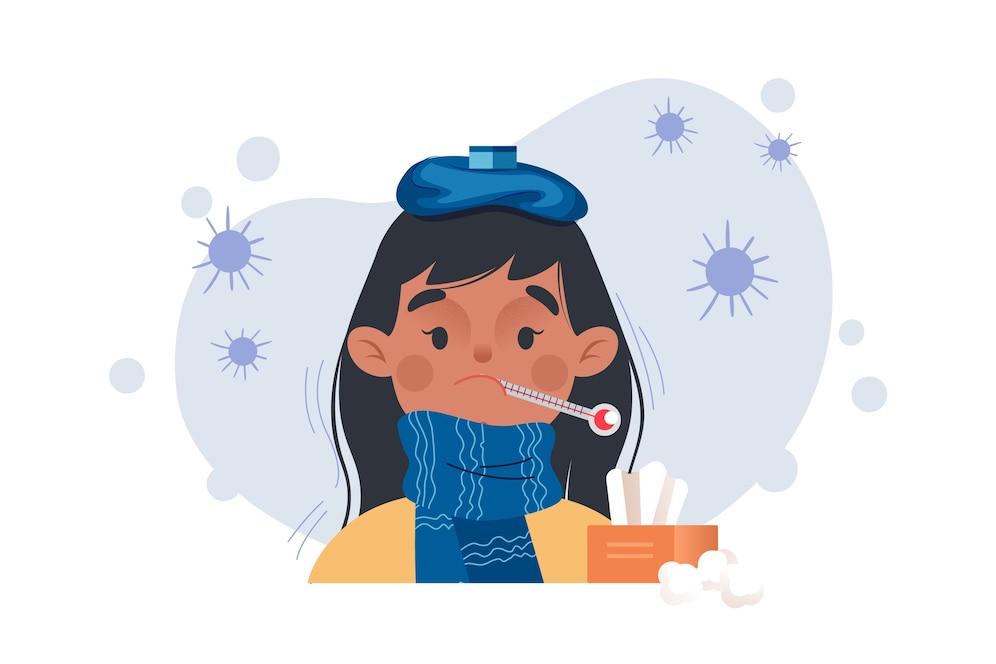「悪い知らせ」を聞いた時どう答える? – 健康編
知人の健康についてのニュースを聞かされたとき、どのように返答したらよいでしょうか。このエントリーでは、何を言っていいかわからないという恥ずかしさを避けるために、短くても共感を得られるような返答についてお話します。
英会話を学ぶ上で、「キャッチボール」の難しさを生徒さんはよく口にされます。テニスの試合のように、素早く、スムーズに、効率よくサーブを返したいと誰でも思いますよね。英語には、そんな目標を達成するための短い固定表現がたくさんあります。ぜひ、これらの短い返答を覚えて、他の英語を話す人と使う練習をしてみてください。その結果、どんな質問やコメントに対しても、とても自然なネイティブスピーカーのような回答ができるようになるでしょう!
それでは4つの表現と、それに続く実際に使えそうなコメントや質問を見てみましょう。
最後には「get well soon」の様々な言い方もご紹介します。
シナリオ1- 急な入院
“I’m so sorry to hear that.”
ある人が入院した(予定入院ではない)という知らせを受けたとします。はっきり言って、英語で入院というのは、少なくともちょっとした健康問題ではないことを示唆しています。処方箋をもらうために医者にかかる、などという場合では断じてない。
A: My aunt’s in hospital after having a fall the other day.
B: Oh I’m so sorry to hear that.
How’s she doing? / How serious is it?
- An exclamatory “Oh!” is often heard at the start of the expression, indicating shock at the news.
- Notice the options for a follow-up question.
It is common when hearing bad news to ask for more details, out of concern. - How + adjective is a very useful question formulation. It is enquiring about the degree of the problem or situation.
- In response to a how + adjective-type question, you will often hear an adverb such as:
very [serious], quite [serious], not very [serious], not [serious] at all.
シナリオ2– 軽傷
“Oh dear!”
A: My son banged his head against the door. He’s ok, but has a nasty bruise.
B: Oh dear.
These things happen though, don’t they.
- The response is less intense and sympathetic, as the listener has judged the situation not to be too serious.
- There is no follow-up question, as the listener understands that toddlers sometimes have minor accidents. Nonetheless, to end the response with saying anything else feels awkward.
- These things happen. This is a useful non-judgmental expression to express understanding that accidents do happen and are not anyone’s fault.

シナリオ3– 軽症
“That’s a shame.”
A: We couldn’t go to the party because we all caught colds.
B: Oh that’s a shame.
I’m sure they were sorry you weren’t there.
- Catching a cold is generally considered not to be serious, so “that’s a shame” is sufficient. Note therefore that this expression is used for less serious issues.
- “I’m sure they were sorry” – sorry in this context means disappointed. The hosts of the party were probably disappointed that you couldn’t join.
シナリオ4– 死去
“I’m so very sorry for your loss.”
A: My father passed away the other day.
B: Oh no! That’s so sad.
I’m so very sorry for your loss.
If there’s anything I can do for you, don’t be afraid to ask.
I’m here for you if you need to talk.
- Obviously with a language barrier or not, this is one of the most difficult conversations to have.
- Such a response will often start will expressions of surprise or disbelief.
- Only then should you use a fixed expression such as “I’m sorry for your loss”, otherwise it will sound cold and robotic. It can be humanised with emphasisers such as so and very.
いかがでしたでしょうか。いざという時に覚えておくと困らない表現ばかりですね。
話し相手の気持ちやシチュエーションを考えながら、使い分けてみてください。
‘Get well soon!’ お大事に!
最後に「お大事に!」という様々な表現をご紹介します。話相手の具合によって使い分けてみてください。

- I hope s/he makes a speedy recovery.
When a serious illness has some likelihood of being cured
重篤な疾患が治癒する可能性がある程度ある場合
- hope s/he feels better soon.
When a minor illness is on-going 軽度の疾患が継続している場合
- I’m glad s/he’s over the worst of it.
When the most serious phase of an illness has been successfully treated
病気の最も深刻な段階の治療が成功したとき
PS Englishでは、ロンドン・イギリスだけでなく、オンラインで世界中に拠点を置く日本人の皆様を対象に、英会話レッスンを提供しています。より自然な英語を話せるように、ネイティブスピーカーの講師がマンツーマンでレッスンを行います。
ネイティブのようなナチュラルな英語を話したい!本場のイギリス英語を学びたい!という方は是非こちらから無料コンサルテーションをお申込みください。
一般英語だけでなく、ビジネス英語、IELTS・ケンブリッジ検定対策、お子様向けレッスンも行っています。
また、履歴書や論文などの添削サービスも提供していますので、お気軽にご相談ください。

